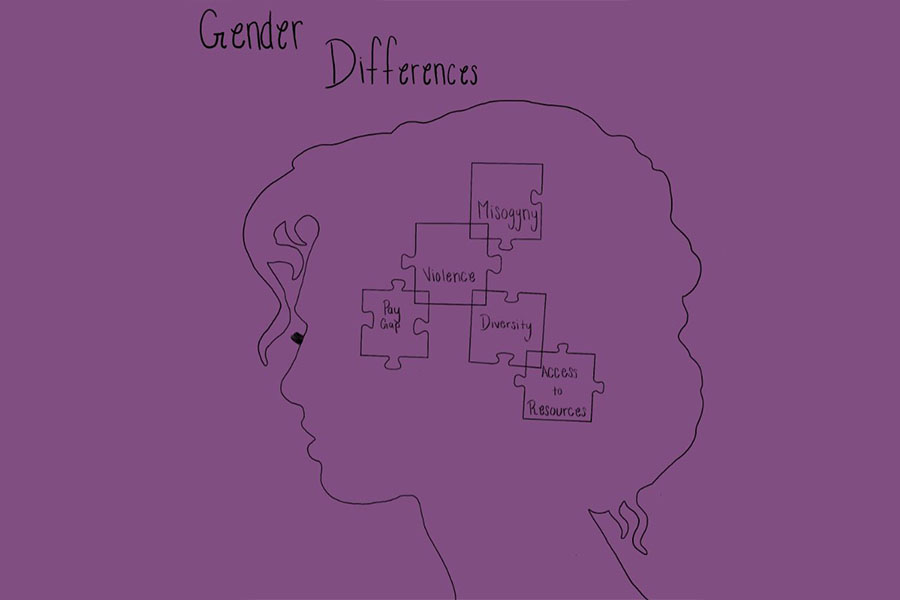For many teenagers and young adults, video games seem like an essential part of their weekly and daily routine, but this can lead to an addiction with the games they play.
Despite no official diagnosis from reputable psychological authorities, gamers are addicted in almost every sense of the definition.
“For some kids, they play in such a way that it becomes out of balance,” said Douglas Gentile, a psychologist and assistant professor at Iowa State University, in Vice Magazine. “And they’re damaging other areas of their lives and it isn’t just one area, its many areas.”
According to Gentile, an estimated 8.5 percent of gamers, ages 8 to 18, show signs that fall under nearly every reputable classification of addiction.
The National Council on Alcoholism and Drug Dependence defines the signs of addiction as a loss of control, neglecting other activities, relationship issues and a changing their appearance.
Despite the showing signs of addiction, video game addiction has never been verified by the Diagnosis and Statistical Manual of Mental Disorders, psychology’s main source of classification.
To think that this addiction isn’t officially classified as one is a strange phenomenon to me, since gaming has become so rampant in the past two decades. Like any addiction, it can completely change the life of any well-functioning individual.
One of the most vivid examples of video game addiction, and the destructive effect it can have on one’s life, is the infamous Seungseob Lee incident in South Korea. He was a 28 year-old boiler repairman in Taegu, who died of a heart attack after playing the strategy game, “Starcraft,” for 50 consecutive hours.
Although this is an extreme case regarding the effects of video game addiction, it’s still something to consider the next time you play “League of Legends” or “World of Warcraft” for an immeasurable amount of time.
Addicted gamers also can lose the desire to achieve anything else in their life that doesn’t involve a controller or a mouse pad. In the increasingly-realistic virtual worlds of these games, addicts can drop their identities and become the hero that they’ve always dreamt of being.
“Since it directly feeds into the sensory parts of the pain, [the gamer] can become totally detached from reality,” said Daniel Veira, a sociology professor at Moorpark College, “So, the video game ends up becoming this kind of repetitive behavior that’s directly stimulating your brain, and then you just lose yourself in this virtual world.”
Arguably the most destructive of these gaming-based after effects is the sudden or gradual change in appearance of the addict. Its no secret that our current society is the heaviest and arguably the unhealthiest of all previous generations, and according to American Journal of Clinical Nutrition, video games are one of the primary reasons behind this new health dilemma.
Their study from July 2011 tested 322 overweight or obese teens and the effects that video games had on their body mass index (BMI) over the course of 6 months.
The study concluded that video games certainly had an effect on the BMI of the selected individuals. The group that had played the games saw an increase of 0.34 percent to their BMI, while the group that had not played the games stayed relatively around their previous weight.
“There have been a number of cases where players become so involved and engaged that they start to neglect the basic needs, which lead to sickness and even death,” said Nadezhda Monosov, a psychology professor at Moorpark College.
Despite the many after effects, it’s not surprising why addicts find these games so compelling. With the advent of new technology, graphics become even closer to reality, characters develop a believable personality and these digital screens begin to seem more realistic than the world they were made in.













